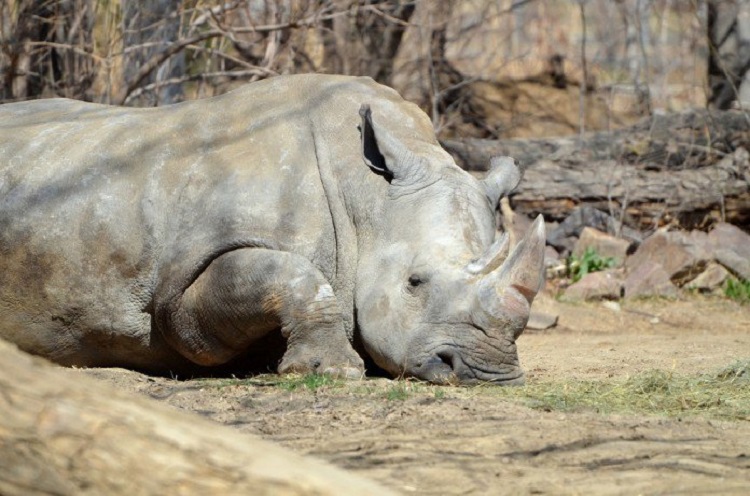The National Council of SPCAs (NSPCA) has slammed a Pretoria High Court decision to allow the trade of rhino horn in the country, arguing the move would add to the poaching scourge.
The organisation said it was taken aback by the judgment that lifted the domestic ban on the rhino horn trade.
“The extreme cruelty involved in poaching for rhino horns is unacceptable and must be stopped, not implicitly condoned. We fear if this judgment stands, a further consequence will be our rhino will become farmed animals, as has already taken place in South Africa with crocodiles and lions,” the organisation said in a statement.
“South Africa cannot control the domestic trade or prevent it from leaking on to the international market and facilitated horn laundering. Legalising domestic trade will undoubtedly allow operations at lower costs, yet this trade is not sustainable and is unlikely to reduce poaching. The risk is the legal trade will stimulate demand and increase poaching.”
A full bench of the High Court in Pretoria overturned the government’s moratorium on rhino horn trading because there was insufficient public consultation.
Judges Francis Legodi, Vivian Tlhapi and Myron Dewrance granted an order to rhino breeders John Hume and Johan Krüger to set aside the moratorium, which came into effect early in 2009, because of “substantial non-compliance” with the consultative and participatory process by members of the public contemplated by the National Environmental Management Biodiversity Act.
Hume is the world’s largest rhino breeder, but said he would have to dispose of his 1 200-strong herd if the open-ended moratorium remained in effect. The moratorium was put in place to back an international ban on rhino horn trading until regulations on how to deal with it had been put in place.
The government announced soon after this that it would appeal the ruling.
The NSPCA said rhino were wild animals and could not be domesticated.
“There is increasing recognition that captive stocks of wild animals do not contribute to conservation of the species. Intensive farming of rhino for horn production should not be confused with or considered as a replacement for in-situ conservation, which is more sustainable and effective (and ethically acceptable) and protects habitat, entire ecosystems and species complexes,” the organisation said. News24






 WhatsApp us
WhatsApp us 

